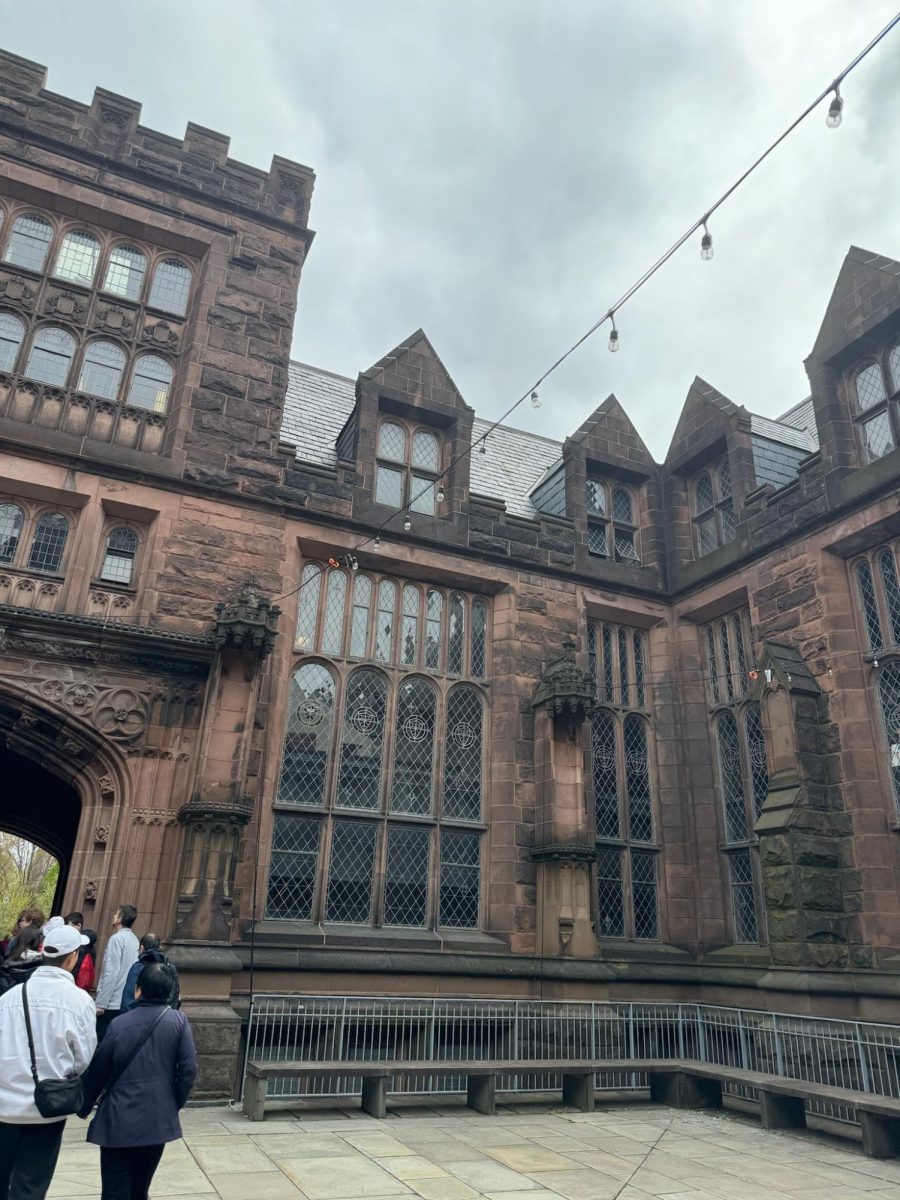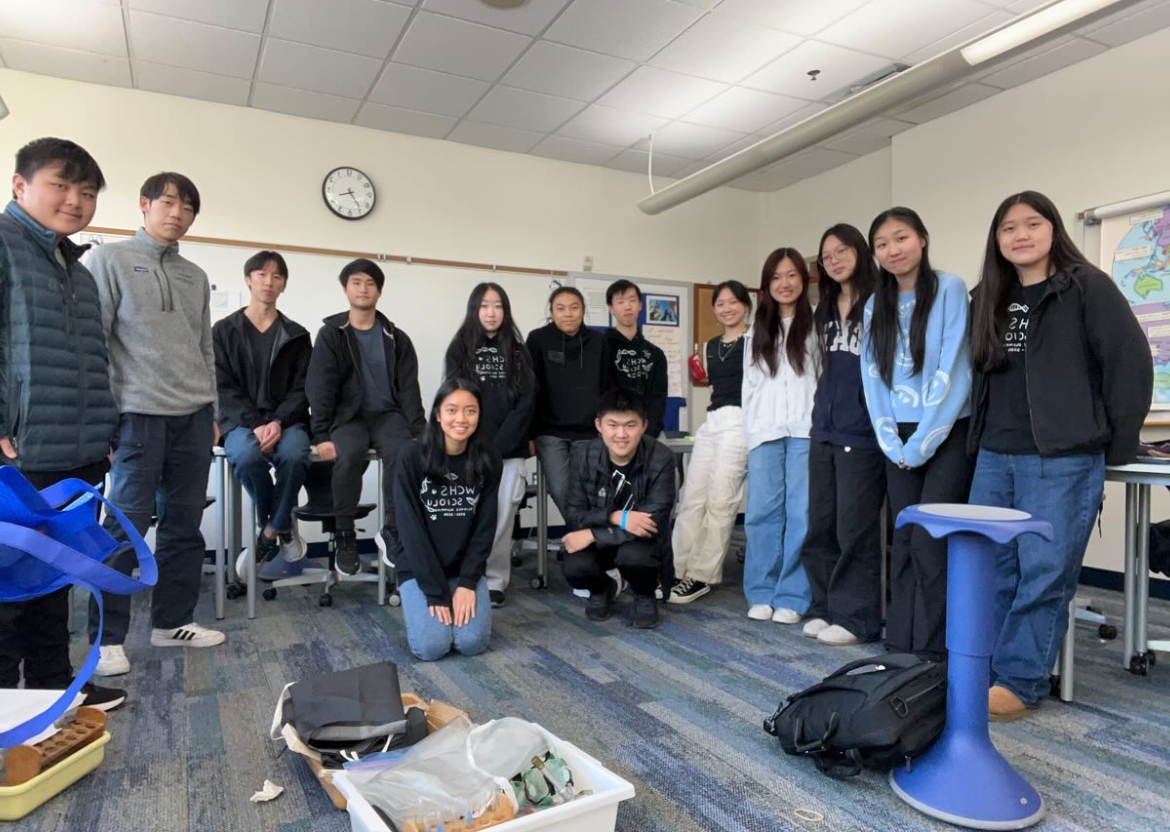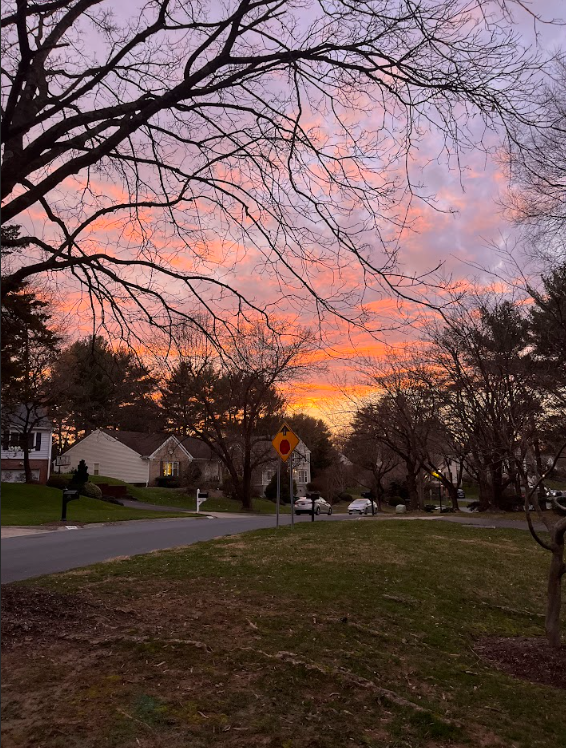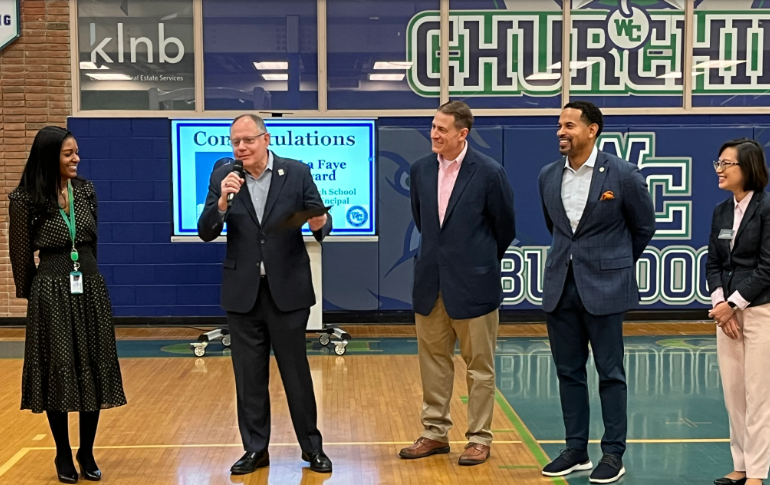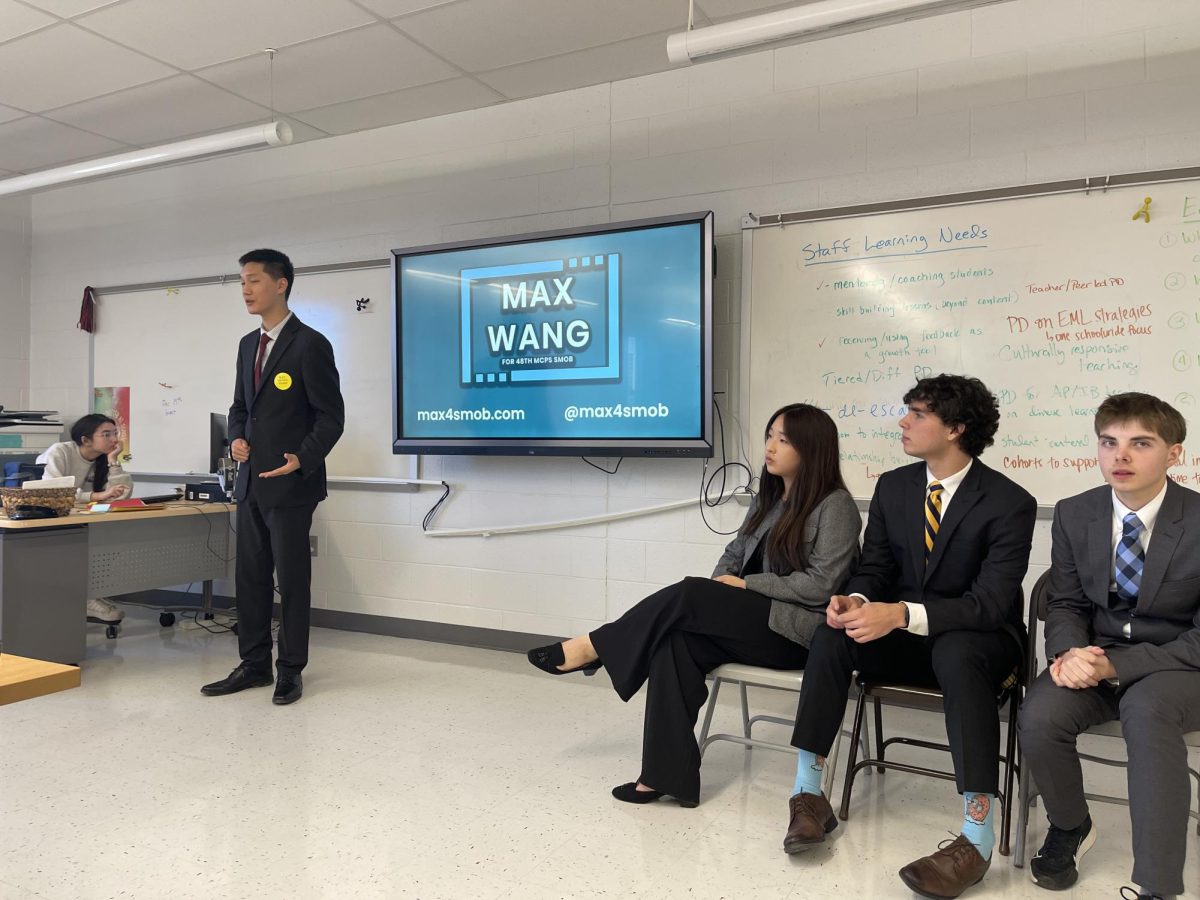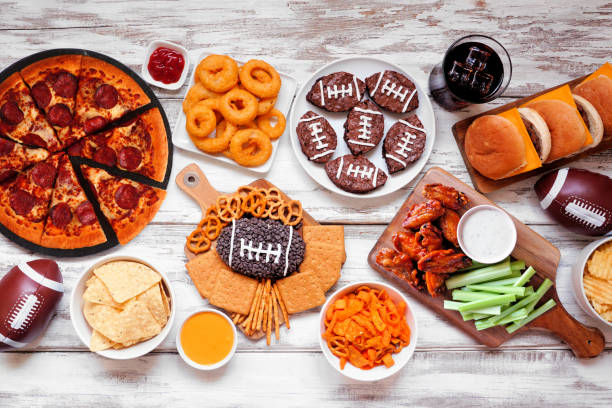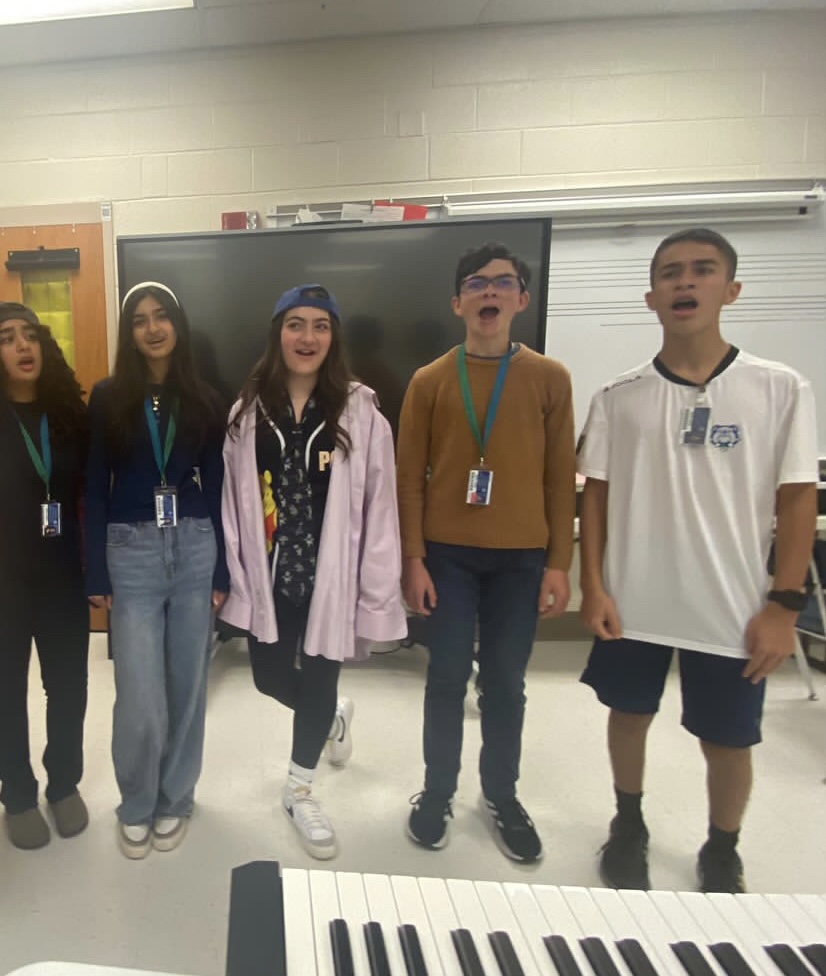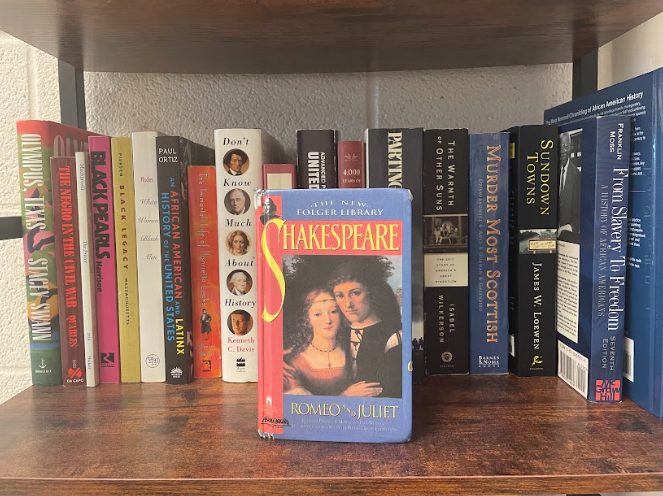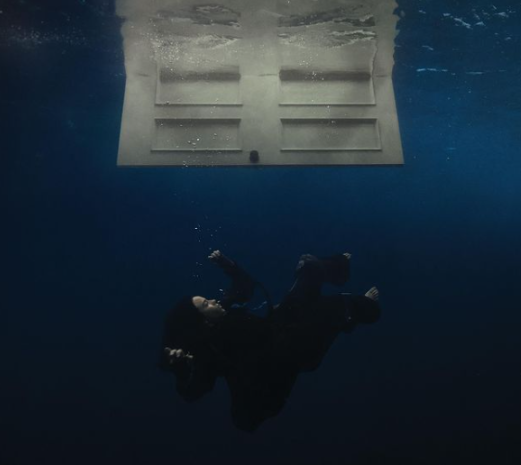Though many students have been lectured about why they shouldn’t drink alcohol or do drugs, what happens legally if they make a decision that contradicts these lessons?
Many students aren’t aware of the procedures of being detained by an administrator or police officer and don’t know the legal consequences of their actions. Although students should not be drinking or using drugs in the first place, the Observer decided to examine what happens in three scenarios where a student may run into trouble with the law and find themselves confronted by a police officer.
Underage Drinking at Parties
It’s Saturday night. Your friend decides to have a party where most of the kids are drinking. When the neighbors hear teenagers yelling and loud music blaring, they call the police, who begin searching the area.
“My team has probably been there 20 or 30 minutes watching the house, listening, talking to people coming into and out of the neighborhood, seeing what’s going on,” said Mark White, sergeant of the Montgomery County Traffic Division and head of the Alchohol Initiative Section.
When the police enter the house, anyone who is near the alcohol, regardless of his or her blood alcohol concentration (BAC), can be cited. However, if a kid who has not been drinking is cooperative with the officer, the officer may choose to allow him to avoid a citation.
According to White, the police try to move the kids who haven’t been drinking out of the party to decrease the number of teenagers they have to handle.
Criminal defense attorney Maura Lynch, who has extensive experience in juvenile law, advises that when in these situations, it’s best not to challenge the police.
After administering Preliminary Breath Tests (PBT) to the teenagers, the police will write them citations and send them home with parents if they are under 18.
Senior Susan* was cited for underage drinking at a party that the police broke up.
“Kids were trying to calm everyone down because they said the police couldn’t enter without a warrant or probable cause,” Susan said. “The mom wanted to be nice because it was cold, so she let the police in, and they cited everyone.”
According to Susan, the police gathered all the kids, had them call their parents, and made them turn off their cell phones. The police did not recite their rights, but it is not required in these situations unless teenagers are asked for statements.
According to Lynch, those under 18 are then reported to the Department of Juvenile Services, where they meet with an intake officer to decide whether to send the case to prosecution or use an alternative punishment.
Many factors go into the decision of whether to send the case to prosecution, such as how well the student does in school and if they have any previous suspensions.
“If it is a first offense, the intake officer will most likely recommend completion of an alcohol evaluation and community service,” Lynch said.
According to White, however, the Motor Vehicle Administration (MVA) is notified after a second citation, and flags the young driver. The insurance company can then find out and raise insurance by up to $1,500 a year for three years.
Susan was granted an informal resolution where she attended classes about the effects of alcohol instead of sending her case to court.
Though Susan did not face legal consequences, she is “definitely more cautious about parties.”
Drugs in School
Planning to smoke marijuana after school with your friends, you bring the drug to school and keep it in your locker.
According to criminal defense attorney Dave Martella, schools can search lockers without students’ consent because the lockers are school property.
“Schools are given a great deal of discretion in the eyes of the law to search anywhere on the premises for alcohol or drugs that they believe are present,” Martella said.
If security has “reasonable suspicion” to believe that a student has possession of a substance, they can search him with a witness present. Either a school official or a police officer will conduct the search, depending on the severity of the drugs.
“We confiscate cigarettes, but bigger than that, the police are notified,” security team leader Terry Bell said.
Possession of drugs such as marijuana is a crime and in this case, students are arrested instead of cited.
Senior Fred* was arrested for marijuana possession in school three years ago.
“I went into [assistant principal Doreen] Brandes’ office and she asked to see my backpack and told [security] to search it,” Fred said. “They asked me to take off my shoes too to see if I had anything in there. They told the police woman to cuff me and she did and took me to the car.”
While Hargrove was not the officer that conducted the search in Fred’s case, it’s up to the school resource officer’s discretion whether to search for weapons and marijuana.
According to Lynch, marijuana incidents are handled similarly to alcohol citations in juvenile courts, which are intended to help the students. However, marijuana is taken more seriously and the consequences are more severe.
“It actually changed my life in a positive way,” Fred said.` “It got me out of that friend group and made me realize what was important in life.”
Intoxiaction at a School Event
It’s a home football game and the stands are packed, so you think you’ll go unnoticed even though you drank before the game. However, administration soon notices your odd behavior and the police take over from there, with a CHS representative present.
“We look for the odor of the alcoholic beverages, the red bloodshot eyes, the slurred speech and the inability to walk,” White said.
Teenagers can refuse to take a PBT, although they will most likely be cited based on the officer’s observations.
“You can never be forced to do anything against your will that you don’t want to do,” Lynch said. “Maryland law doesn’t demand that you take a [PBT], but there will obviously be consequences for not taking it.”
According to Principal Joan Benz, the student is first brought to a private room where they are read their due process rights. The student contacts his or her parents for a group conference about suspension and additional consequences, such as removal from leadership positions.
This was not the case for senior John*, who was cited at a CHS football game in Sept.
“My friend and I were approached by an officer in uniform who asked to have a word with us, and we followed her to her car, where two more officers joined us,” John said. “She did not read us our rights and immediately put the [PBT] in our faces.”
John was accompanied by a school administrator only after he took the PBT. He did not have a group conference until the following day, where he was suspended for three days, revoked of his lunch and parking privileges and suspended from extracurricular activities for one month.
According to Benz, intoxication on school property is a “double whammy” because of the legal consequences with police and the school consequences.
“When you have to walk up to the parents’ front door at 3 a.m. saying, your son or your daughter is at the Baltimore Shock Center, and we’re not sure if they’ll make it, it has a lasting impact on the parents, but also on us,” White said.


